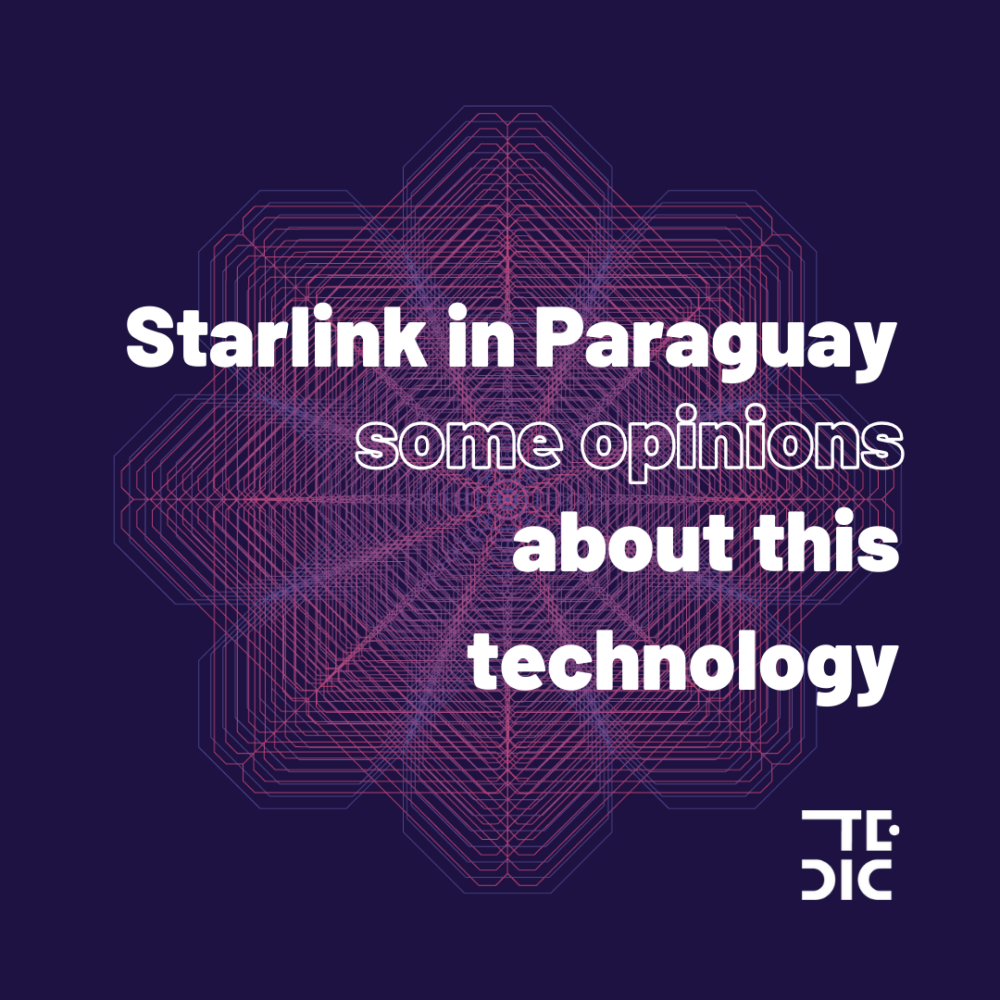
During February 2025, we were notified of the partial approval of a precautionary measure in favor of TEDIC. This development represents an important step forward in the protection of fundamental rights and access to public information in Paraguay.
In a context where the use of surveillance technologies, such as facial recognition, poses significant challenges to privacy and other human rights, it is essential to ensure a legal framework that protects citizens from possible abuses and promotes effective accountability on the part of the State.
The danger of this type of technology lies in the collection and processing of biometric data, which is considered sensitive, and in the lack of effective protective measures in its use, which could lead to violations of fundamental rights.
At TEDIC, we have taken strategic legal action with the aim of demanding greater transparency in the use of state surveillance tools. The first lawsuit on facial recognition was filed six years ago, called “Unconstitutionality Action brought by Maricarmen Sequera Buzarquis”, brought by lawyer and executive director Maricarmen Sequera, backed by lawyers Ezequiel Santagada and Federico Legal from IDEA, and with international amicus curiae from Derechos Digitales, Artigo19, and IDEC. In 2024, she obtained a partially favorable ruling from the Supreme Court of Justice. This ruling marked a milestone in national jurisprudence by showing that previous judicial instances had misapplied the Law on Access to Public Information, which led to an arbitrary decision. In addition, it reaffirmed the validity of the legal mechanism to guarantee the right to information, representing a key step toward a more transparent and accountable state.
This case dates back to 2018, when the Ministry of the Interior and the National Police installed surveillance cameras with facial recognition technology in Asunción through the 911 System. When requesting information about the operation and risks of this technology through the public information access mechanism, the official response was insufficient and evasive, limited to arguing reasons of “national security” without adequate justification. This not only prevented knowledge of the real scope of the system, but also highlighted the lack of guarantees in the use of mass surveillance tools. Furthermore, the concept of “national security” cannot justify the use of mass or selective surveillance technologies outside of an authorized judicial investigation. When technological espionage is exercised in a context of abuse of power, its scope must be public and not confidential. Otherwise, far from providing national security, it generates legal and personal insecurity for citizens.
Therefore, the recent ruling by the Court creates a new opportunity for the Court of Appeals to analyze the case with the necessary rigor and issue a decision in line with the fundamental principles of transparency, privacy protection, and access to information. The ruling adopted in this instance will be crucial in defining the future of these rights in Paraguay and establishing clear limits on the implementation of biometric technologies that have a high impact on people’s lives.
We hope that this judicial process will move in the right direction and that the legal basis for the protection of fundamental rights will be strengthened. At TEDIC, we will continue to monitor the development of the case and reaffirm our commitment to promoting transparency, democracy, and our digital rights in the country.

 Starlink in Paraguay: are there risks or concerns about this technology?
Starlink in Paraguay: are there risks or concerns about this technology?